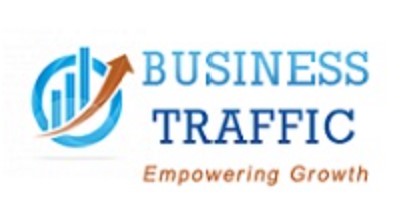|
Whether you’ve just begun the transition from school to a career, or you’ve been in the workforce for years, ensuring you acquire and maintain essential skills is crucial for career progression and growth.
Managing Director at Adecco Australia, Kelly Van Nelson, explained to Business Insider that an ever-shifting work environment can be attributed to skill-loss. “Research shows that every four years people effectively lose 30% of their technical skills because the work environment changes so quickly,” Van Nelson says.”The era of life-long jobs is coming to an end and the pace of change is getting faster with roles disappearing while new ones are created overnight. "The best line of defence you can have for your career is to ensure you’re constantly upskilling and moving away from the misconception that once you’ve completed your degree in your early 20’s, you’ve “arrived” at your destination. With every new skill, you have the potential to reinvent your role, your career and yourself.” Depending on the industry you’re in, or are looking to get into, the term ‘skills’ can appear quite broad, as each industry requires niche expertise that might not necessarily transfer over to another field. However, Van Nelson believes there are three skills that are applicable to any field you go into — soft skills, agility and resilience. “Soft skills are extremely favourable across all areas of work. Across industries, hiring managers are always looking for candidates with excellent communication skills, problem-solving skills, and the ability to work to deadlines,” Van Nelson asserts. “Today’s workforce is everchanging and chances are the role you’re hired for will likely evolve over the coming months and years. Candidates who have a proven ability to upskill, reskill and stay agile will be seen favourably by hiring managers. Van Nelson also points out that the need for adaptable team members is of the utmost importance in the wake of 2020. “Now more than ever during a global pandemic, candidates across all industries must show resilience. Resilient people can generally manage stress and conflict more effectively.” If you’re about to enter the workforce and believe you could advantage from some professional assistance in acquiring the three aforementioned skills, low-fee and free resources like NSW JobTrainer provides training for over a dozen industries including Design, Health, Information Technology and Engineering, so that could be a smart jumping-off point. JobTrainer is less formal than a university degree, which Van Nelson believes can actually work in your favour. “Today’s rapidly changing workplace makes acquiring and developing new skills more important than formal education, and the COVID-19 pandemic has emphasised the need for digital skills across all job roles. “Employees and job seekers should feel empowered to take time to self-educate and upskill in areas they may not have needed to before, to round out their skillset and get a competitive advantage over their peers.” Speaking from her own experience, Van Nelson’s company has also set up programs to ensure the employees continue to stay ahead of the curve. “The Adecco Group and Microsoft know that today’s roles are requiring everyone to lift their skills and as such developed a skills initiative that gives people access to free training, giving them the opportunity to remain relevant and employable for the jobs needed now and into the future. “Industries or roles where employees have had the ability to improve and develop their soft skills including critical thinking, adaptability, emotional intelligence, and negotiation will all prove beneficial if an employee is interested in shifting industries.”
0 Comments
Leave a Reply. |
Archives
March 2024
|
